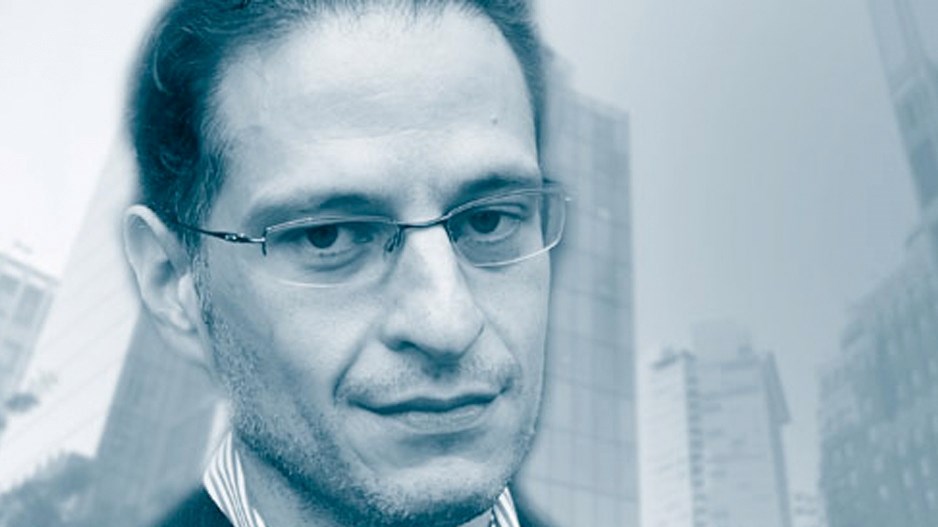Every six months, Research Co. and Glacier Media ask Canadians about the state of finances in the country and inside their homes. Our latest survey shows that a majority of residents are not thrilled with the situation at hand, with massive majorities predicting higher expenses for necessities.
In this month’s poll, just over a third of Canadians (35 per cent, down five points ) rate the economic conditions in Canada today as “very good” or “good,” while more than three in five (62 per cent, up five points) consider them “bad” or “very bad.” The changes are significant, even if these findings are not as dreadful as what was observed at the height of the global financial crisis in 2008.
Views on the current state of the Canadian economy are predominantly dire across the country. The lowest proportion of negative perceptions, albeit still in majority territory, is observed in Quebec (56 per cent). Pessimism is higher in British Columbia (62 per cent), Ontario (63 per cent), Saskatchewan and Manitoba (65 per cent), Atlantic Canada (70 per cent) and Alberta (also 70 per cent).
The decline is also noticeable when we ask Canadians about their personal finances. Just over half (51 per cent, down six points) rate their own situation as “very good” or “good”, while 47 per cent (up six points) deem it “poor” or “very poor.”
Views on the future are not particularly bright either, with 44 per cent of Canadians (up four points) expecting the national economy to deteriorate, almost two in five (38 per cent, down two points) predicting it will stay the same and only 13 per cent (unchanged) foreseeing an improvement.
Inflation remains one of the greatest drivers of negative impressions. Majorities of Canadians expect to pay more in the next six months for a week’s worth of groceries (85 per cent, up four points), gasoline (67 per cent, up six points), a new car (65 per cent, down three points) and a new television set (54 per cent, down three points). In addition, 43 per cent (down one point) expect real estate prices to also go up.
The economic uncertainty is accompanied by concerns about what we already possess. More than half of Canadians have worried “frequently” or “occasionally” in the past couple of months about the safety of their savings (52 per cent, up two points) and the value of their investments (also 52 per cent, up two points). Canadians are also reporting increased concerns about unemployment affecting their household (37 per cent, up three points), being able to pay their mortgage or rent (34 per cent, unchanged) or their employer running into serious financial trouble (29 per cent, up five points).
With the fluctuations observed on these findings, we could have expected a steep drop in the perceptions of the prime minister as an economic manager. However, over the past six month, Justin Trudeau’s numbers barely moved. More than two in five Canadians (42 per cent, up one point) trust Trudeau to do the right thing to help the economy, while 53 per cent (up one point) distrust him.
As has been the case for the past year, geography plays a role in our perceptions on Trudeau’s financial prowess. His numbers are better in the Liberal Party of Canada strongholds of Quebec (50 per cent), Ontario (45 per cent) and Atlantic Canada (44 per cent) than in British Columbia (39 per cent), Saskatchewan and Manitoba (34 per cent) and Alberta (26 per cent).
This is the first survey to include Pierre Poilievre on the economic confidence question. A third of Canadians (33 per cent) say they trust the Conservative Party of Canada leader, while 48 per cent do not and 20 per cent are undecided. Poilievre’s positive numbers are an improvement from the 26 per cent managed by his interim predecessor, Candice Bergen, in July. Confidence in Bank of Canada Governor Tiff Macklem stands at 34 per cent (down three points).
As a new year begins, it is clear that the views of Canadians on the current economic conditions – both in the country and in their own households – have soured. We also see an increase in the proportion of Canadians who are expecting to pay more for groceries and gasoline.
It is important to note that a majority of Canadians aged 18 to 34 (56 per cent) consider their personal finances today as “poor” or “very poor.” This is a group that, at the start of the COVID-19 pandemic, was particularly supportive of the federal government’s management. At this stage, many of Canada’s youngest adults have not returned to the same status they enjoyed in 2019. Politicians, both governing and in opposition, will need to pay close attention to their needs.
Mario Canseco is president of Research Co.
Results are based on an online study conducted on January 13 to January 15, 2023, among 1,000 adults in Canada. The data has been statistically weighted according to Canadian census figures for age, gender and region. The margin of error – which measures sample variability – is plus or minus 3.1 percentage points, 19 times out of 20.




